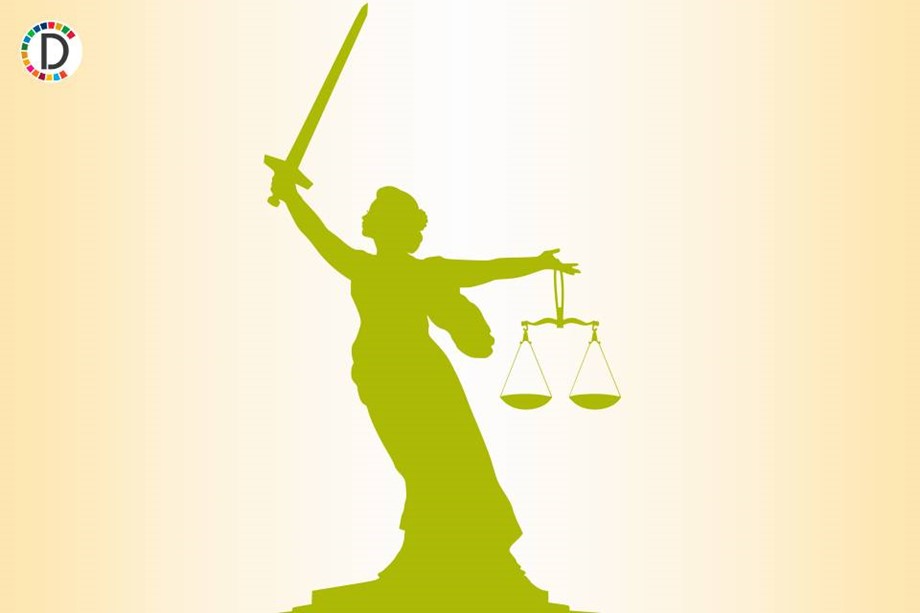By invading Ukraine, Putin loses allies in Eastern Europe
Russia’s invasion of Ukraine shocked the former Soviet satellite states of Central and Eastern Europe, drawing strong condemnation from even the region’s most pro-Kremlin politicians.
For some of the countries that fled the Soviet bloc following a series of anti-communist revolutions more than 30 years ago, the images of tanks and troops arriving to punish a nation trying to follow its own independent path seem painfully familiar. .
So far, two major pro-Russian voices within the European Union, Czech President Milos Zeman and Hungarian Prime Minister Viktor Orban, have been outspoken in criticizing Moscow’s most aggressive action since the Soviet invasion of Afghanistan in 1979.
Their countries experienced comparable brutality – the Czech Republic, part of Czechoslovakia, in 1968 and Hungary in 1956.
Zeman called Thursday’s invasion an “unprovoked act of aggression”. “Russia has committed a crime against peace,” he said in an address to the nation.
Zeman had previously made news when he called Russia’s 2014 annexation of Ukraine’s Crimean peninsula a “fait accompli”. Many in the Czech Republic vilified Zeman as a “Kremlin servant” after he sided with Russia and questioned the findings. of its own security and intelligence services on the alleged involvement of Russian spies in a huge munitions explosion in 2014.
Until just a few days ago, Zeman insisted that the Russians would not attack Ukraine because “they are not crazy to launch an operation that would do them more harm than good.” he said Thursday.
Zeman called for tough sanctions against Russia, including excluding it from the SWIFT financial system which transfers money from bank to bank around the world.
“You have to isolate a madman and not just defend yourself with words but also with deeds,” he said.
Czech Prime Minister Petr Fiala also expressed his full support for the toughest possible sanctions for what he called “an absolutely unjustified act of aggression against a sovereign state”. Prague ordered the closure of two Russian consulates in the Czech Republic and stopped accepting visa applications from Russian citizens.
Pavel Rychetsky, chief judge at the Constitutional Court, the country’s highest judicial authority, has proposed that a European arrest warrant be issued against Russian President Vladimir Putin. He said Putin should be tried by the International Criminal Court for “an unprecedented outbreak of war on the European continent for the first time since World War II”. In Hungary, senior officials have avoided direct condemnation of Russia’s actions for weeks. Under Orban, the country maintained close ties with Putin, a concern for many of Hungary’s Western partners.
Hungary has historically been deeply suspicious of Moscow, which ordered the brutal suppression of an anti-Soviet uprising in 1956. But in recent years Orban has pursued a diplomatic and economic strategy he calls ”eastern opening ‘, which favors closer ties with countries in the east, and in its frequent battles with the EU, it has branded the 27-nation bloc an oppressive imperial power akin to Hungary’s former Soviet occupiers. But on Thursday, Orban was clear in his condemnation of the Kremlin.
“Russia attacked Ukraine this morning with military force,” Orban said in a Facebook video. “Together with our allies in the European Union and NATO, we condemn Russia’s military action.” Bulgaria, Moscow’s closest Cold War ally, has followed suit.
“Having strategic bombers and missiles flying in Europe in the 21st century, air and sea assaults against a sovereign state, is absolutely inadmissible,” President Rumen Radev said.
Romania was also resolutely on the side of its Western partners.
“Through today’s cynical invasion, the Russian Federation is the architect of the worst security crisis since World War II,” the ruling coalition leaders said.
Neighboring Moldova, a former Soviet republic and one of the few former communist countries in Eastern Europe not to have joined NATO so far, echoed those views. Moldovan President Maia Sandu stressed that Russia’s attacks were launched “in violation of international standards”, adding that the international community “unanimously condemns these military actions”.
(This story has not been edited by the Devdiscourse team and is auto-generated from a syndicated feed.)


Comments are closed.